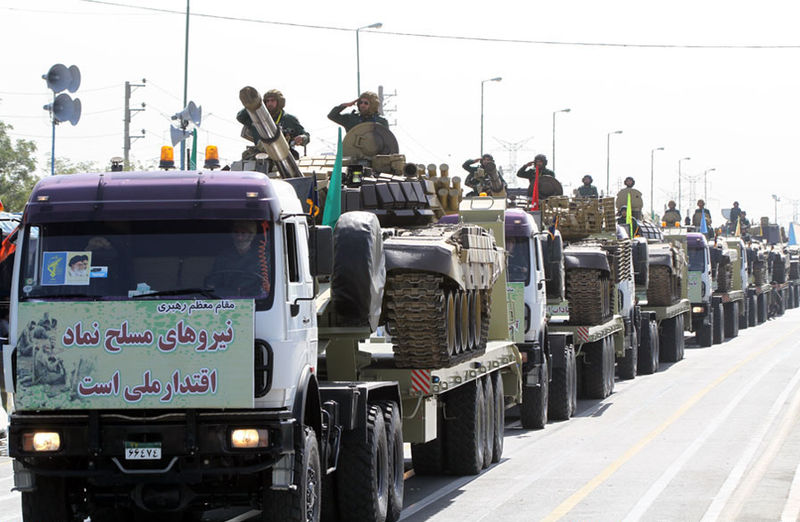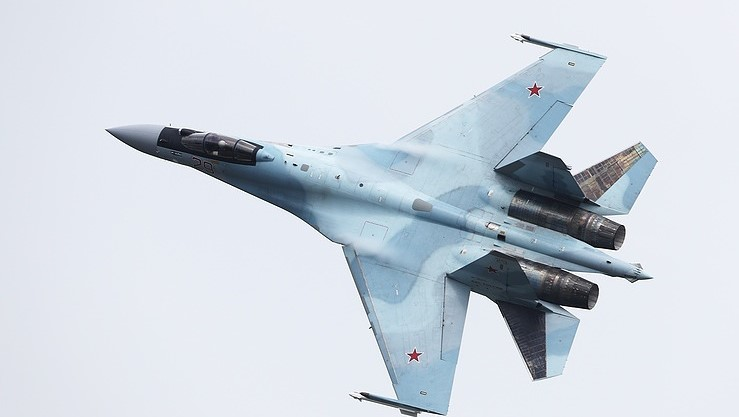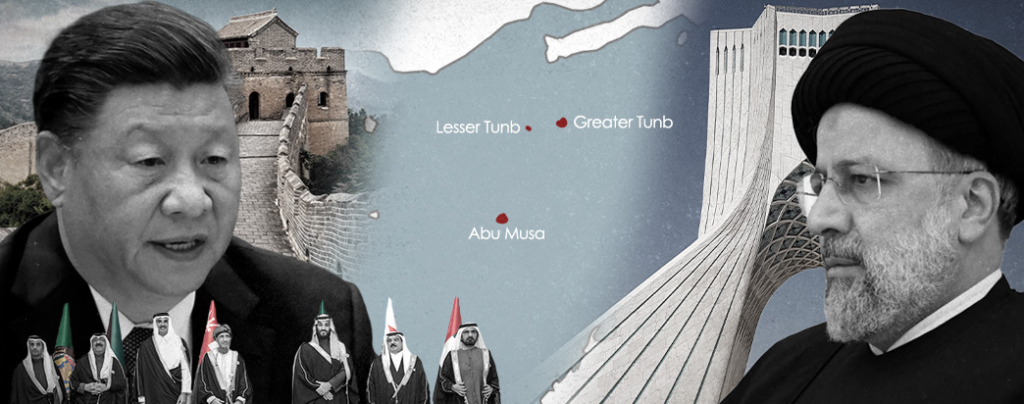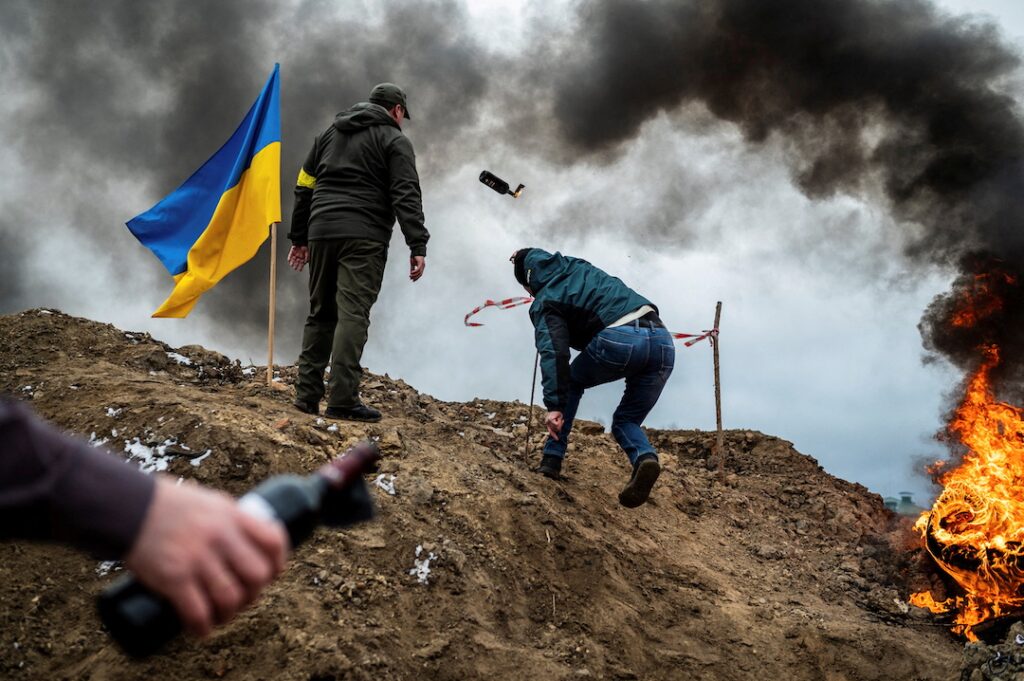Iran, Syria, Yemen: Twitter’s collaboration with the US military in information warfare
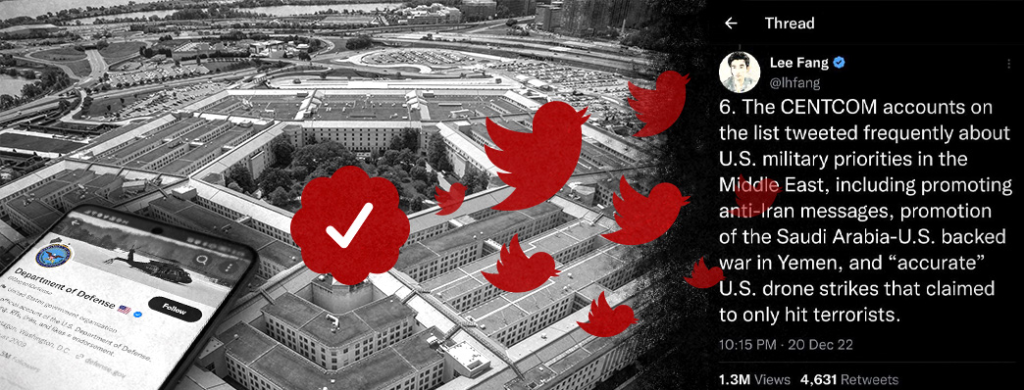
The Cradle has previously deconstructed the Pentagon’s online bot and troll operations targeting Iran. These wide-ranging efforts, over many years, sought to destabilize the Iranian government by disseminating and inciting negative sentiment against it, on a variety of social media platforms.


